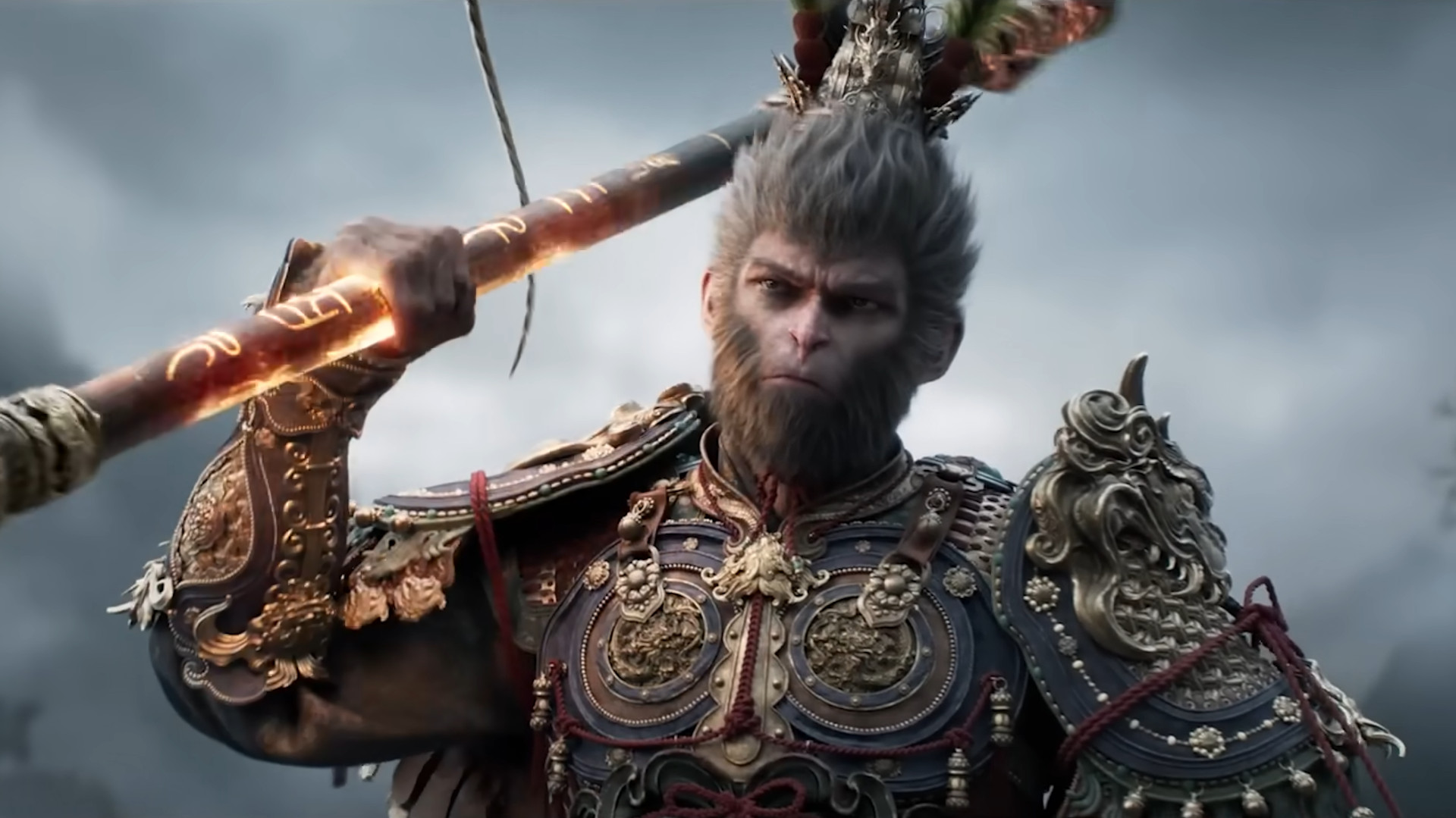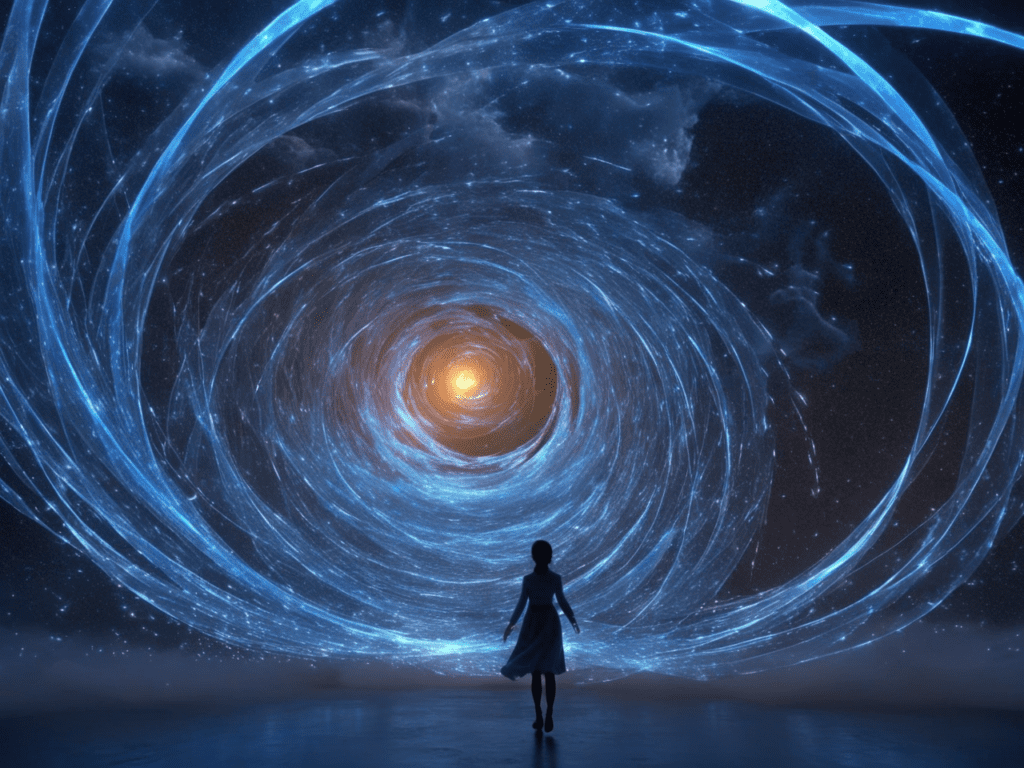Can you put Wukong’s celestial twin on other Warframes? That’s a question I’ve been mulling over as I dive into the world of Black Myth: Wukong. It’s wild how this game is not just about epic battles and stunning visuals—it’s also a deep exploration of Chinese mythology and psychology. With all the buzz around it, I can’t help but think about how the themes of identity and self-discovery play out in gaming. As we gear up for its release, it feels like we’re not just getting a new game, but also a chance to connect with a rich cultural story that many of us are just starting to explore. Let’s dig into what makes this game so special and how it resonates on a deeper level!
The Psychological Framework
At its core, Wukong taps into fundamental psychological themes—identity, purpose, and the quest for self-actualization. The character of Sun Wukong, or the Monkey King, embodies a struggle against societal constraints and the pursuit of transcendence. He starts off as a rebellious figure, grappling with feelings of inadequacy and a desperate desire for recognition. This mirrors the psychological journey of many individuals who wrestle with their own identities in a world filled with expectations. As players control the Destined One, they aren’t just fighting demons; they are wrestling with their fears, aspirations, and the quest for meaning in a chaotic universe.
In the original text, Wukong’s transformation from a mischievous troublemaker to a disciplined warrior reflects a profound internal struggle. He seeks enlightenment but is often sidetracked by his pride and impulsiveness. This duality can resonate with players who see parts of themselves in Wukong’s journey—a testament to the universal struggle between our higher aspirations and our base instincts.
Cultural Roots and Global Reach
The immense popularity of Black Myth: Wukong—with over 100 million views on Bilibili and 10 million on YouTube—highlights not just a fascination with its gameplay but also a burgeoning interest in Chinese culture. While many Western players may not be familiar with Journey to the West, the game’s narrative invites them to delve into this rich cultural heritage. This cross-cultural exchange is vital in our increasingly globalized world, suggesting that understanding different narratives can lead to broader psychological insights and empathy.
For example, characters like Tang Seng (the monk) embody the ideals of compassion and perseverance, contrasting sharply with Wukong’s chaotic nature. This dynamic raises questions about what it means to be a hero. Is it strength and bravery, or is it the ability to endure and forgive? Players who engage with these themes may find themselves reflecting on their own lives and the balance they seek between chaos and order.
Bridging the Gap
However, the challenge remains: how do we convey the depth of Journey to the West to an audience that might not grasp its cultural significance? Critics have noted that while the game excels artistically and technically, the deeper themes might elude those unfamiliar with the original tale. This highlights the psychological barrier that cultural context can create. Yet, this gap also presents an opportunity for growth. As players engage with the game, many are inspired to explore the source material, fostering a genuine interest in Chinese mythology and philosophy.
A Cultural Pilgrimage
The game’s incorporation of real Chinese landmarks and cultural artifacts enhances this experience. Locations like the Great Wall and the Mogao Caves are not just backdrops; they serve as symbols of cultural heritage and history. This intertwining of gameplay with real-world cultural sites encourages players to embark on their own “cultural pilgrimages,” blurring the lines between the digital and the physical. As players traverse these landscapes, they engage in a psychological journey that deepens their understanding of both the game and the culture it represents.
Conclusion: Embracing the Journey
In a world where technology and culture intersect, Black Myth: Wukong stands as a testament to the power of storytelling. It’s not merely about defeating enemies or completing quests; it’s about understanding ourselves and the world around us. As we brace for the game’s release, we’re not just anticipating a thrilling adventure but also an exploration of the psyche, a cultural awakening, and a celebration of the narratives that bind us all together.
So, if you’re ready to embark on this journey, grab your controller and prepare to dive deep into the heart of Wukong. It’s not just a game; it’s an invitation to explore the very essence of what it means to be human, as we navigate the complexities of our identities and the myths that shape us.



